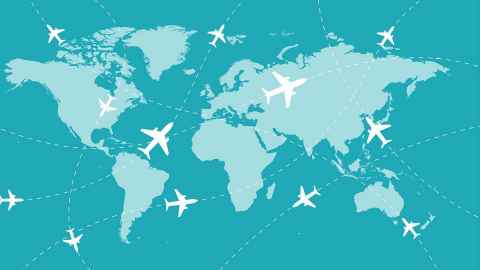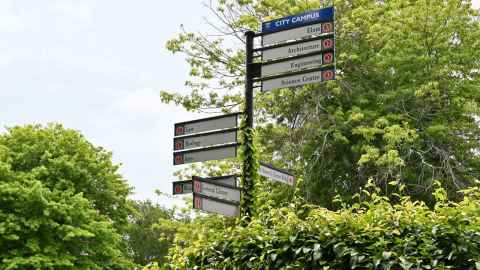

A handy tool that helps you to locate our policies and related documents.
Search nowTravel policy, expense and booking procedures and University student activity travel.

A handy tool that helps you to locate our policies and related documents.
Search nowThis dialog can be closed by pressing Escape close button.